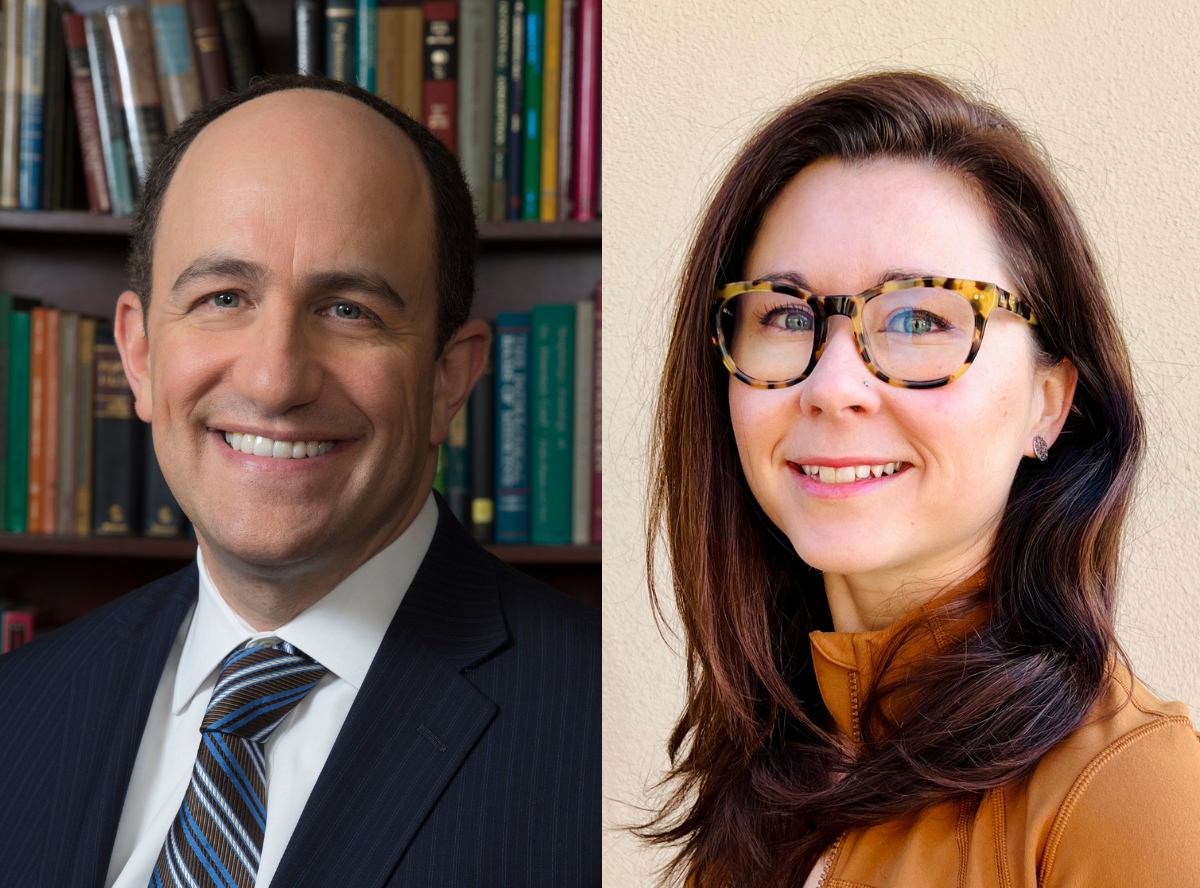Changing Lives Through Groundbreaking Science
Using robust scientific and lay review, in the 2024 cycle, the GI Research Foundation awarded $600,000 to eight investigators at the University of Chicago for novel research projects.
2024 Innovation Awards
STOP-UC: De-Escalation of Therapy in Patients with Ulcerative Colitis with Histological Normalization and Rescue Through Autologous Fecal Microbiota Transplant
David T. Rubin, MD and Joëlle St-Pierre, MD, PhD
THE PROBLEM
IBD treatment traditionally consists of continuous, intensive medical therapy, which can lead to side effects and high healthcare costs. The lack of clear guidelines on therapy de-intensification and de-escalation for patients in stable remission limits healthcare providers’ ability to counsel patients adequately.
THE HYPOTHESIS
Therapeutic de-escalation—reducing the intensity of treatment in patients whose disease is in remission—could improved treatment for inflammatory bowel disease (IBD).
Autologous (patient’s own fecal material) fecal microbiota transplant (autoFMT) could be an effective therapy to recapture remission during disease relapse.
THE RESEARCH PLAN
Use a randomized clinical trial of two patient groups—patients whose treatment intensity will be reduced and a control group of those who will remain on current treatment—to identify the risks and benefits of reduced treatment intensity.
Use a patient’s own unique gut microbiota, collected during the pre-de-escalation period of remission as a treatment option during subsequent relapse.
THE GOAL
- Better treatment: successful therapeutic de-escalation and autoFMT would lead to more individualized, less intensive treatment plans, reducing side effects and enhancing patient well-being.
- Reduced healthcare costs.
“These grants focus on research that advances the diagnosis, treatment, prevention, and cure of digestive diseases. Additionally, the goals of the grants program include to:
- Help build the field by funding emerging scientific leaders
- Provide seed funding for innovative ideas that, if successful, could result in larger grants from funders such as the National Institutes of Health
- Fund bold research ideas that might have risk of failure but high reward for success, as these projects have difficulty securing funding elsewhere
Thank you to our grant review committee members and scientific advisors who read and scored proposals with a focus on ensuring the recommended projects meet our mission and are centered on advancing patient care and outcomes.”


